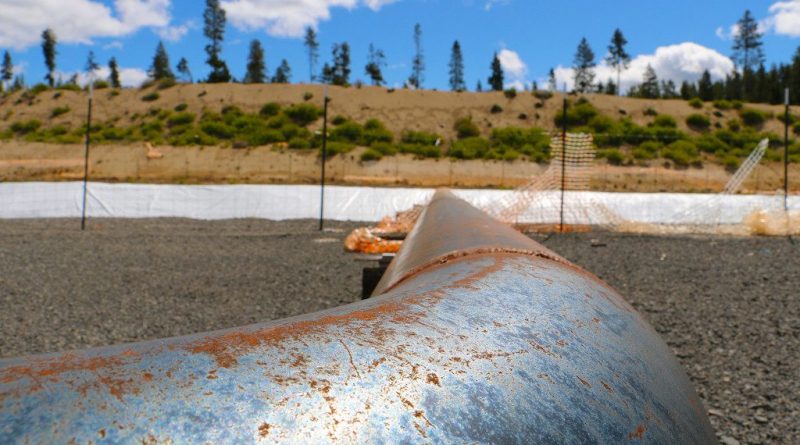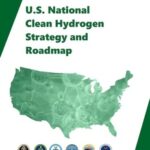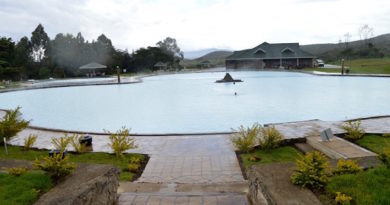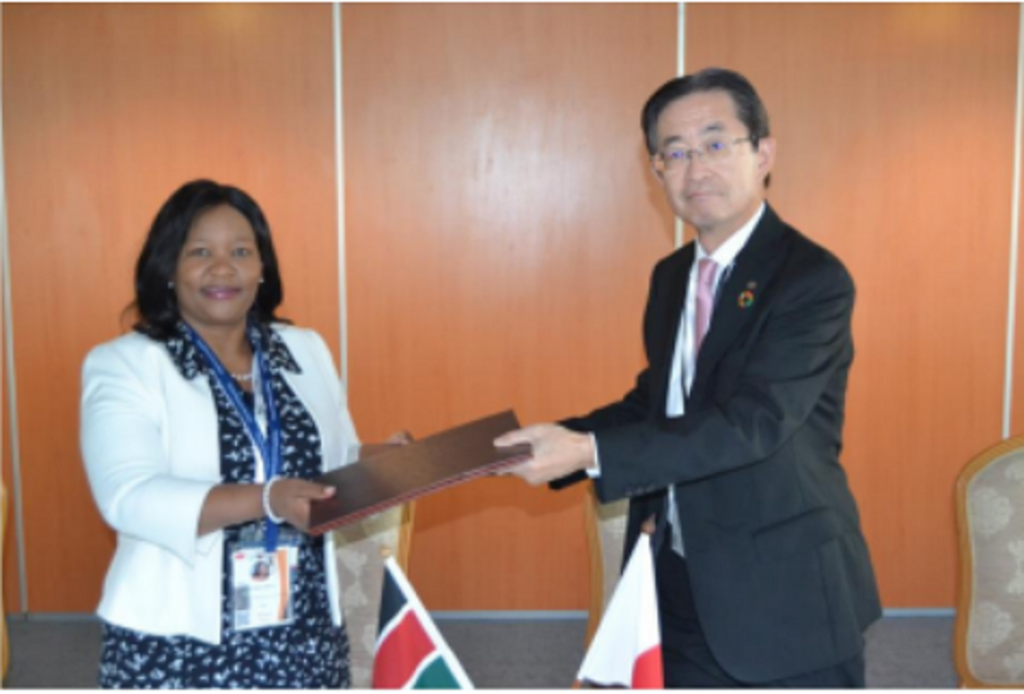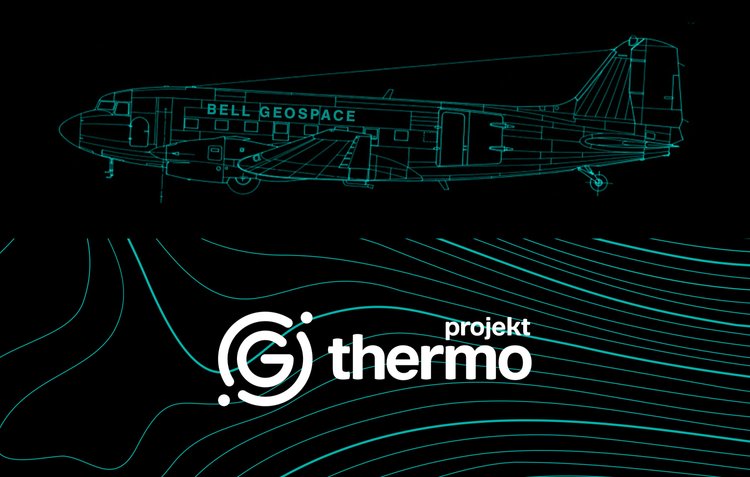U.S. DOE releases request for information for materials that withstand harsh environments
Energy Disrupter
Equipment used in energy production, transportation, and industrial sectors regularly operates under conditions that are high-temperature, corrosive, oxidizing, mechanically wearing, embrittling, or that involve thermal cycling. Clearly this applies to geothermal as well. So this request for information by the U.S. DOE should also have implications for the geothermal sector.
Today, the U.S. Department of Energy (DOE) announced a request for information (RFI) about advances in components, systems, and products that can withstand harsh environments and extended service lifetimes.
Equipment used in the American energy production, transportation, and industrial sectors regularly operates under conditions that are high-temperature, corrosive, oxidizing, mechanically wearing, embrittling, or that involve thermal cycling. These environments present material stability and durability challenges that constrain the implementation of energy-efficient, cost-effective, and high-performance products and processes.
Through this RFI, DOE seeks input on accelerated research, development, and deployment; testing and qualification methods; and cost-effective manufacturing routes for materials designed to operate under the following circumstances:
- Corrosive environments
- Very high temperature environments
- High mechanical wear / stress conditions
- Alloy embrittlement conditions
- Other extreme conditions (e.g., extreme cryogenic).
Responses to this RFI will inform research and development portfolio planning for materials and manufacturing process technologies that support energy savings and cost reduction goals.
DOE’s Office of Energy Efficiency and Renewable Energy’s Advanced Manufacturing Office and the Advanced Energy Systems Division within the Office of Fossil Energy issued this RFI. Responses are due on no later than 5:00 p.m. ET on September 21, 2020.
Interested stakeholders can view the full RFI and submission guidelines here.
Source: U.S. Department of Energy

